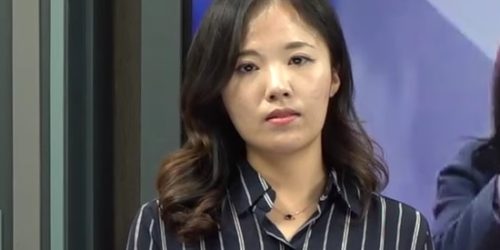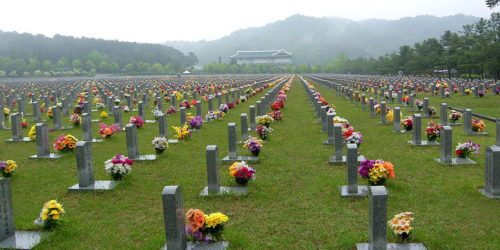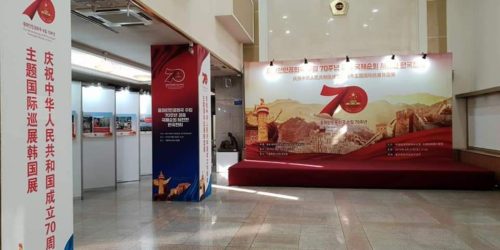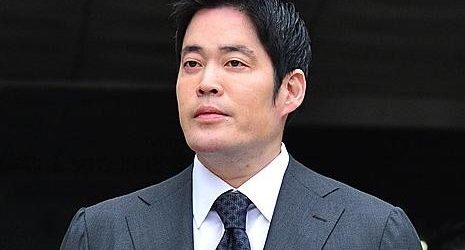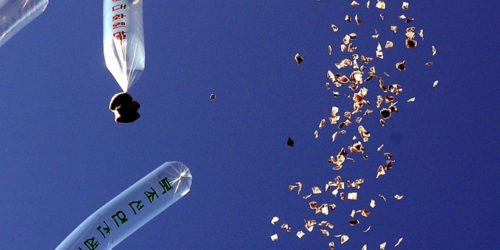Lawmaker Kim Byung-joo, Democratic Party of Korea, Retired ROK Military 4 Star General, Criticizes Korea-U.S.-Japan Military Exercise
2022-10-23, Tara O
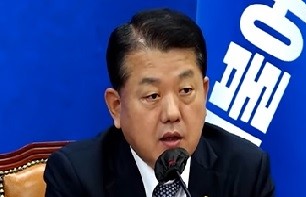
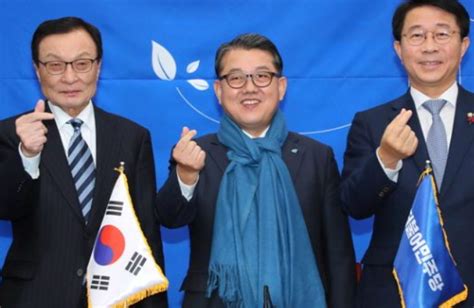
National Assemblyman Kim Byung-joo (김병주), Democratic Party of Korea, criticized the recent Republic of Korea (ROK)-U.S.-Japan military exercise. On October 12, 2022, he said, “It’s the same as dragging a tiger cub into a home, thinking it is not a threat.” He also said, “at this rate, it will be forced into a ROK-U.S.-Japan military alliance” and “like the U.S. military, the Japanese Self Defense Force can also come to Korea.”
He also stated the strengthening of the ROK-U.S.-Japan military exercise will offend China and Russia. He further said, “There is no real benefit to be gained from joining hands with Japan,” which is very different from reality.
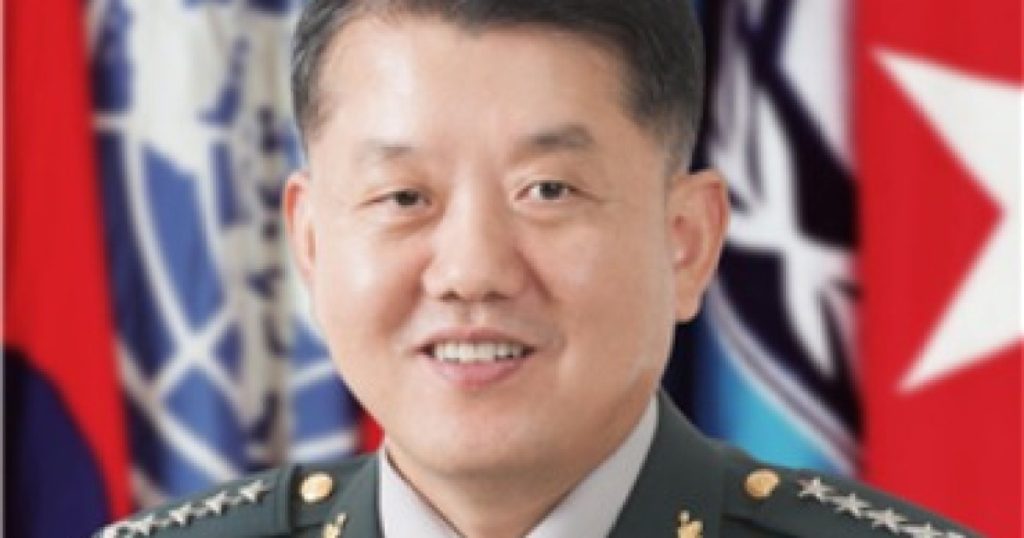
Surprisingly, he was the Deputy Commander of the ROK-U.S. Combined Forces Command (CFC) from August 11, 2017 to April 17, 2019, appointed soon after Moon Jae-in became president in spring 2017. While he was the Deputy CFC Commander, the controversial Inter-Korea Military Agreement of 2018 (referred to as the “9.19 Military Agreement” in Korea) was signed by then ROK Minister of Defense Song Young-moo, and North Korea’s Minister of People’s Armed Forces No Kwang-chol, as Moon Jae-in and Kim Jong-un stood behind them. The agreement hampered ROK-U.S. CFC military readiness with various training and other restrictions. See here for a detailed analysis. The agreement also had significant differences in context and details between the English version (17 pages) and the Korean language version (56 pages). See here (English) and here (Korean).
Kim Byung-joo then became appointed by the then-ruling Democratic Party of Korea (Deobureo Minjoo Party) as a Proportional Representative (appointed by the party, not elected by the people), becoming a National Assemblyman starting May 30, 2020.
Note: The election of April 15, 2020 that preceded the 21st National Assembly was mired in election fraud controversies, with a shocking 3/5 majority (or 180 seats of combined elected and appointed lawmakers) for Democratic Party of Korea, which allowed the Party to pass any law it wanted, except to change the Constitution, which requires a 2/3 majority. With such power, the Democratic Party passed various laws that suppressed freedom of speech as well as ones favorable to North Korea, such as the anti-leaflet law.
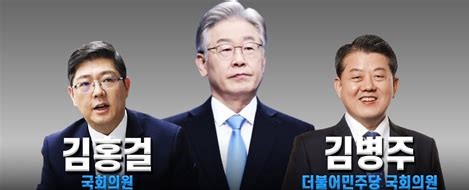
Kim Byung-joo loyally follows the Party line (anti-Japan, among others). Lee Jae-myung, who became the Democratic Party (Deobureo Minjoo) leader, despite numerous corruption and bribery scandals, has presidential ambitions, and appears to see Kim Byung-joo as someone who could faithfully carry out Lee’s policies in the national security arena. For Lee Jae-myung’s positions on national security and other issues, see here.


